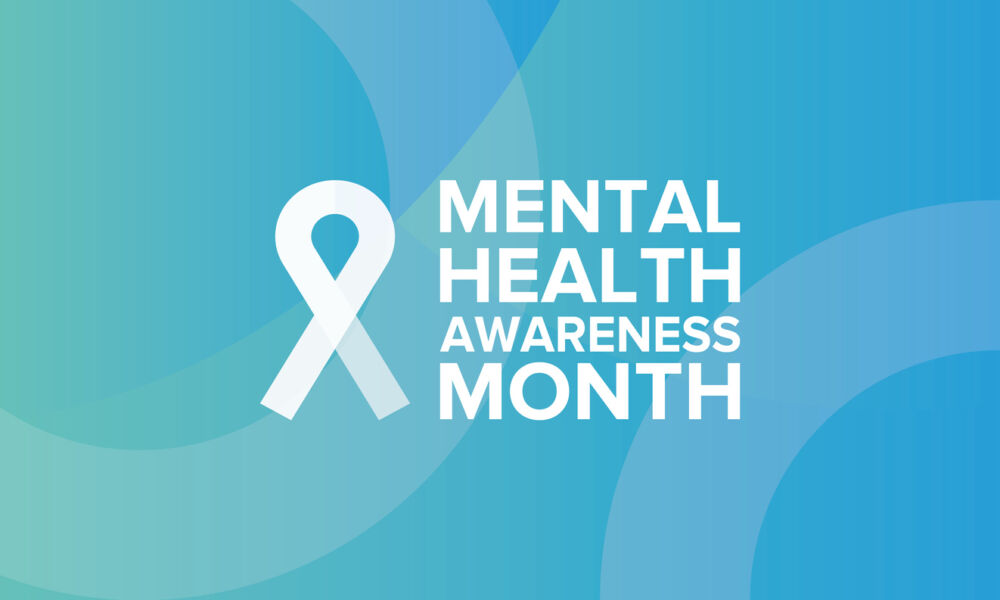A national online survey by the Cleveland Clinic confirmed what many already suspected—that men would choose to do just about anything other than visit the doctor. According to this survey, 72 percent of men, ages 18 years and older, would do household chores such as dishing dishes or scrubbing the bathroom sooner than see the doctor.
And in case you thought that the above statistic is an outlier, 77 percent of men reported that they’d prefer to go shopping with their wife or significant other than visit the doctor.
Visiting the doctor: The differences between men and women
In general, men seek medical attention when something is wrong. In contrast, women are more likely to have preventive check-ups and annual screenings to stay healthy.
A urologist involved in the Cleveland Clinic study pointed out that women, like their male counterparts, also prefer doing household chores to a doctor’s visit. However, females are far more likely to overcome their aversion to seeing the doctor and make having routine health check-ups a regular part of their lives.
Researchers suspect that these gender differences likely exist because women are engaged with the healthcare system earlier in life. Females get into the habit of annual visits to gynecologists and other healthcare providers at a younger age than men, who may not see a doctor for a routine screening until their 30s or 40s.
Men are conditioned to avoid going to the doctor
Forty-one percent of men in the study report that they were told as children that men don't complain about health issues and as a result, ignore health matters as an adult. And even when they do visit a doctor, 20 percent of men report that they are not completely honest because they are embarrassed, don’t want to hear that they need to change their diet or lifestyle, or suspect something is wrong but don’t want to face the diagnosis.
Is it possible to get a man to go to the doctor (willingly) for preventative care?
The research indicates that it is possible to convince most men to seek preventative care. According to the study, 82 percent of men try to stay healthy to live longer for friends and family who rely on them. Sixty-one percent of men said they are more likely to go to their annual check-up if seeing the doctor was more convenient for them. Telemedicine visits or appointments outside of regular work hours are examples of such convenience.
Armed with this valuable intel, getting the men in your life to the doctor can be a little easier. But are all screenings and evaluations created equal?
Below is a list of potentially life-saving and quality-of-life-extending screenings that every man should have:
Regular physical exams
A long-term relationship with a primary care provider (PCP) improves health by catching potential health problems early before they become serious. Men over 50 should see a PCP, also known as a general practitioner, yearly. Men younger than 50 should speak to their doctor about how often they should be seen.
Venous insufficiency screening
Chronic venous insufficiency (CVI) is when the leg veins don’t work properly, and blood is not returned to the heart efficiently from the legs. As a result, blood “pools” in the legs, causing swelling, pain, aching, feelings of leg heaviness, and the appearance of varicose veins. If left untreated, the pressure and swelling can cause tissue damage leading to skin discoloration and ulcers that can be difficult to heal and can become infected.
An evaluation for CVI, also known as vein disease, is painless. It includes a complete medical history, physical examination, and duplex ultrasound to examine the blood circulation in the legs. Request a consultation today.
Blood pressure screening
High blood pressure dramatically increases one’s risk of heart disease and stroke. Because high blood pressure often has no symptoms, it must be regularly measured to be medically managed and controlled.
Cholesterol check
A type of fat or lipid, the body makes the cholesterol it needs for essential functions such as digestion and hormone production. Too much “bad” cholesterol, often from food, can cause a build-up of fatty deposits on the walls of the arteries, making them narrower. This can increase one’s risk of heart disease and stroke.
Diabetes screening
Diabetes affects how the body uses blood sugar (glucose), leading to excess sugar in the blood. Unchecked diabetes can increase the risk of coronary artery disease, heart attack, stroke, nerve, kidney, eye, and foot damage, skin infections, and hearing impairment.
The American Diabetes Association (ADA) recommends that anyone older than age 45 receive an initial blood sugar screening. The ADA also recommends that anyone diagnosed with prediabetes be tested every year, and anyone with a body mass index higher than 25 (23 for Asian Americans), regardless of age, should be screened.
Colon cancer screening
Colorectal cancer almost always develops from precancerous polyps (abnormal growths) in the colon or rectum. Screening tests can find these abnormal growths so that they can be removed before they turn into cancer. The CDC recommends that anyone at an average risk gets screened for colorectal cancer from age 45 to 75. Those at higher risk may need to start screening at a younger age or be screened more regularly.
Prostate cancer screening
The American Cancer Society recommends that men speak to their doctor about their risk of developing prostate cancer to determine if screening is needed. Screening for prostate cancer aims to find cancers at high risk for spreading if not treated early.
Help your favorite guy be screened for vein disease
The experienced vein doctors at CVR's 110+ vein clinic locations can get to the root of his vein issues. They can offer him fast, effective, and affordable in-office treatment options. We can get him in, out, and on his way back to his normal routine in no time. Treatment is covered by most insurance, including Medicare and Medicaid.
Schedule an appointment today or visit centerforvein.com for more information.
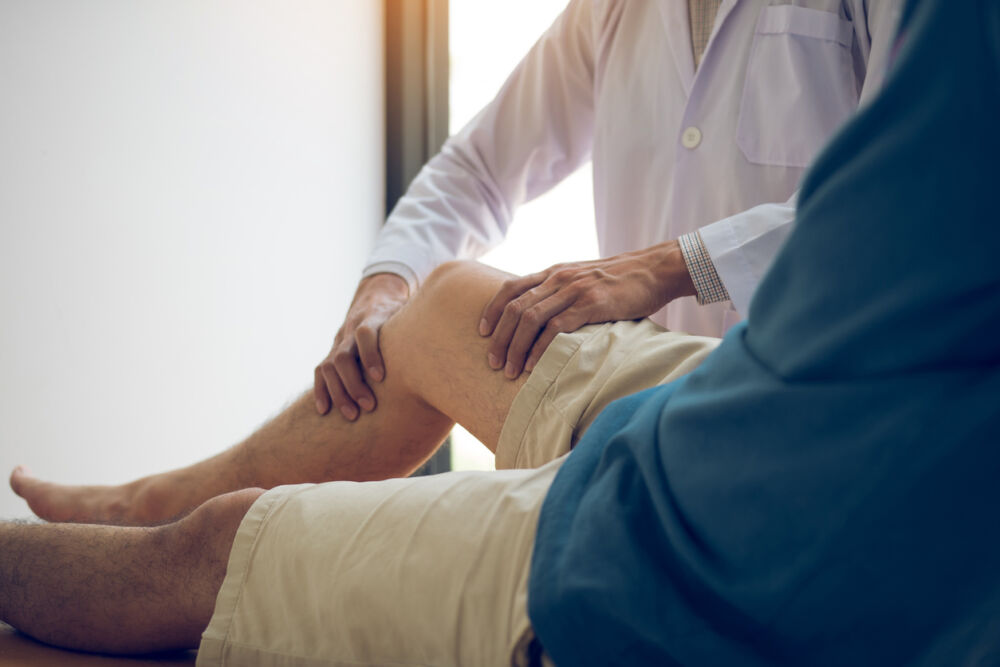
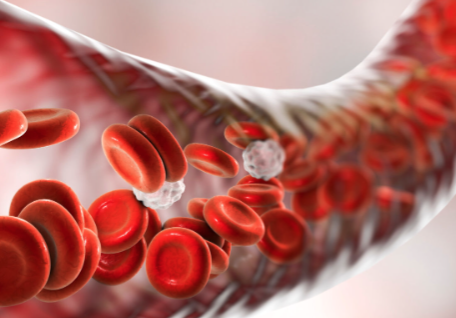 About Vein Disease
About Vein Disease
 Spider Veins
Spider Veins
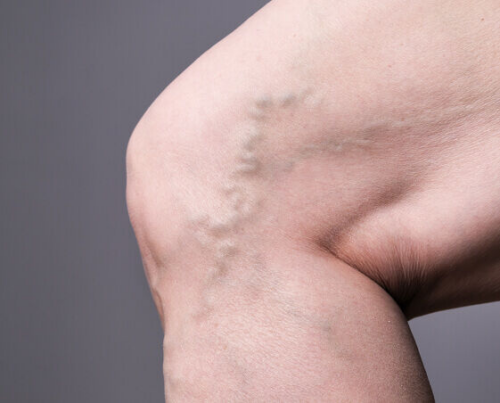 Varicose Veins
Varicose Veins
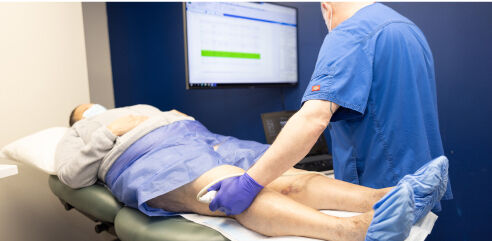 Vein Disease Treatments
Vein Disease Treatments
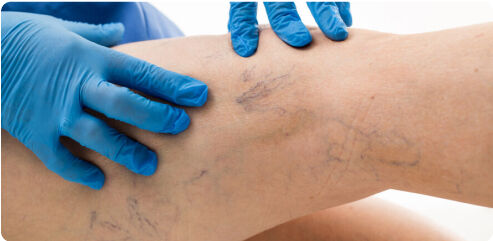 Treating Spider Veins
Treating Spider Veins
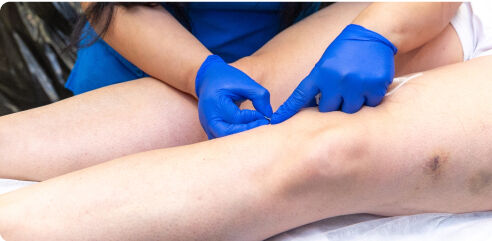 Treating Varicose Veins
Treating Varicose Veins
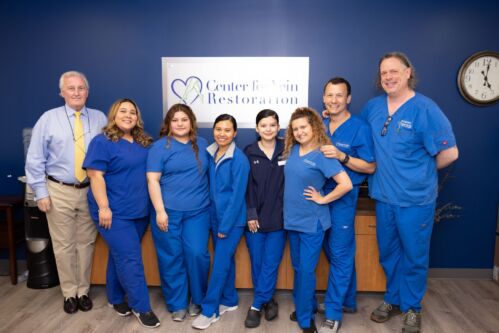 About Us
About Us
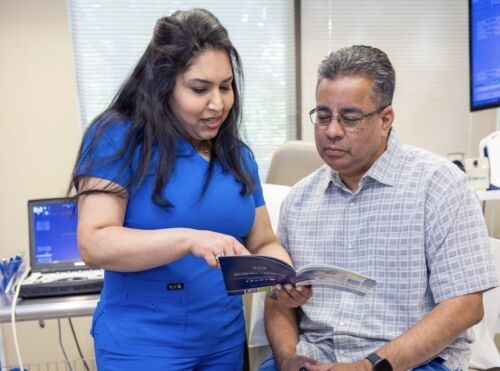 Patient Resources
Patient Resources
 Physician Resources
Physician Resources


